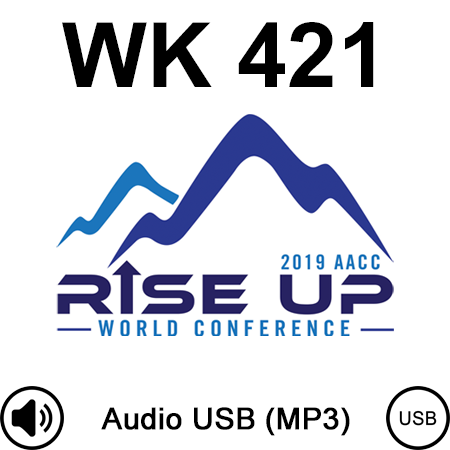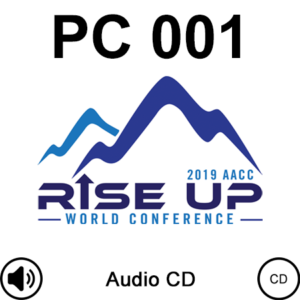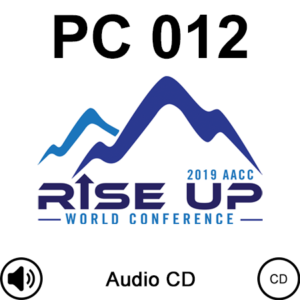Description
The most difficult cases tie up our time, emotions, and community of care. They present with a
kitchen sink of problems: they are not likeable, often suicidal, have family crises, are
demanding, and lack understanding of how to make counseling work for them. The presenter
shares her experience as a practicing licensed psychologist and professor and supervisor of
more than 50 Regent University doctoral students in handling the most difficult cases. She will
present with a case study style of presentation, including assessment of the difficult case,
conceptualizing in a way that helps the clinician stay grounded, using evidence-based practice
tools, and the use of treatment monitoring to help provide the highest quality care.
Additionally, she will discuss addressing family and community-level interventions for clients
that stir up staff, church members, and their families. These are the clients who hook us, but do
not have to be the ones who end in our (and their) defeat.
Presented by: Jennifer Ripley. Ph.D.
Learning Objectives
Participants will:
- Examine assessment tools for determining the operative level of low-functioning clients
- Increase case conceptualization skills for high-risk patients
- Increase proficiency in treatment monitoring methods for ongoing assessment of risk and treatment needs





